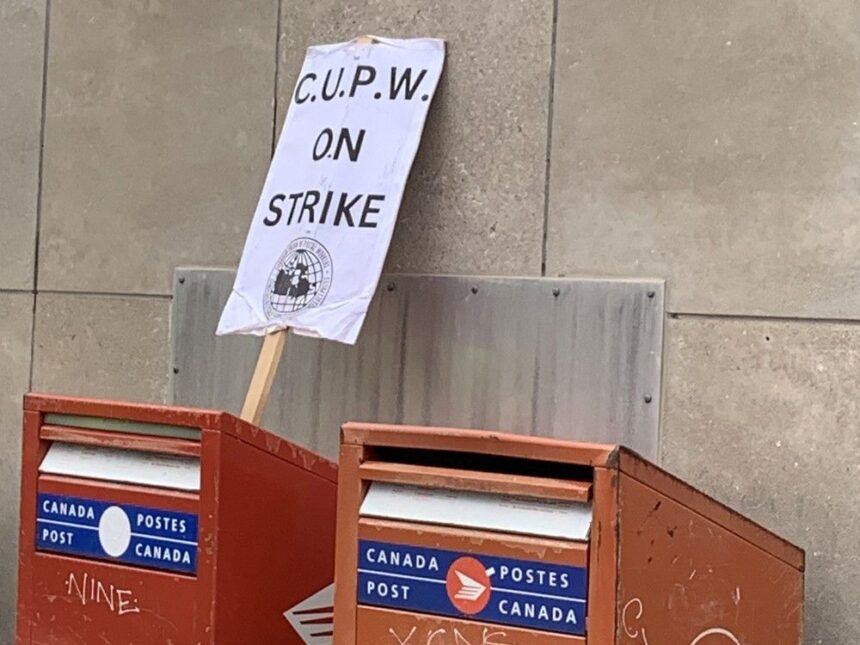The escalating Canada Post strike has thrown municipal elections across the country into disarray, creating unprecedented challenges for electoral officials scrambling to ensure citizens can exercise their democratic rights. As postal workers continue their rotating walkouts, municipalities from British Columbia to Newfoundland are implementing emergency measures to salvage voting processes dependent on mail-in ballots.
“We’re witnessing a perfect storm of democratic disruption,” said electoral analyst Morgan Chen. “Just as municipalities were increasing mail-in ballot options to improve accessibility, this labor dispute has forced a rapid restructuring of election plans with minimal notice.”
In Thunder Bay, Ontario, election officials have established emergency ballot drop-off locations after learning that thousands of mail-in votes remain trapped in postal facilities. Similar scenarios are playing out in Vancouver, where the city has extended in-person early voting hours and doubled staff at voting stations to accommodate voters who can no longer rely on mail service.
The Canadian Federation of Municipalities estimates that over 120 municipal elections scheduled within the next month could face significant complications. Smaller communities with limited resources appear particularly vulnerable, as they lack the infrastructure to quickly pivot to digital or in-person alternatives.
“Rural communities are disproportionately affected,” explained Dr. Leah Williams, professor of political science at Dalhousie University. “These municipalities often cover vast geographic areas where in-person voting requires significant travel, making mail-in ballots essential for many residents, particularly seniors and those with mobility issues.”
The Canada Post dispute centers on wage increases and working conditions, with management and the Canadian Union of Postal Workers reaching an impasse after months of negotiations. While both sides have expressed regret about the impact on democratic processes, neither has indicated imminent resolution.
Provincial authorities have begun issuing emergency directives to municipalities, authorizing extraordinary measures such as extended voting periods, additional polling stations, and in some cases, electronic voting options where feasible. However, election integrity experts caution that hasty implementation of digital alternatives could introduce security vulnerabilities.
The federal government has faced mounting criticism for not intervening more decisively in the dispute, given its impact on essential democratic functions. Minister of Municipal Affairs Catherine McKenna acknowledged the severity of the situation during a press conference yesterday.
“We recognize the critical nature of this disruption to local governance and are working with provincial partners to ensure alternative voting mechanisms meet legal requirements,” McKenna stated. “The right to vote must be protected, regardless of labor disputes.”
Meanwhile, small businesses dependent on municipal service contracts face additional uncertainty, as newly elected councils may be delayed in taking office and approving pending projects if results cannot be certified on schedule.
For voters, the situation has created confusion and concern. In Calgary, retired teacher Eleanor Simmons expressed frustration after learning her mail-in ballot might not be counted. “I’ve voted in every municipal election for 42 years. The idea that my voice might be silenced because of this dispute is deeply troubling.”
Election administrators are now advising all eligible voters to investigate alternative voting methods and not rely on mail service for ballot return. Most municipalities have established emergency information hotlines and updated websites with alternative voting instructions.
As this democratic crisis unfolds, questions emerge about the vulnerability of our electoral systems to external disruptions. In an era where mail-in voting has become increasingly essential for accessibility, has Canada adequately prepared contingency plans for critical civic functions during labor disputes?










